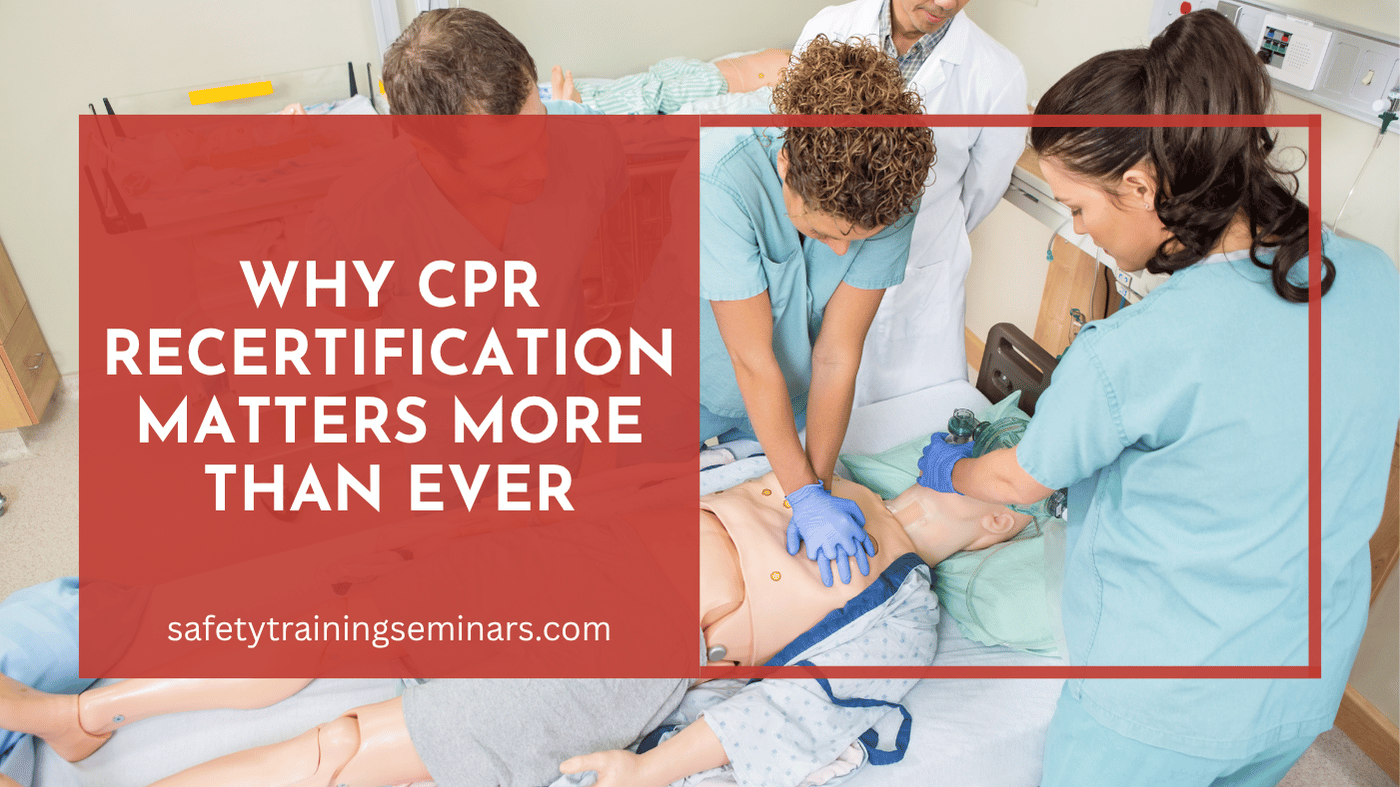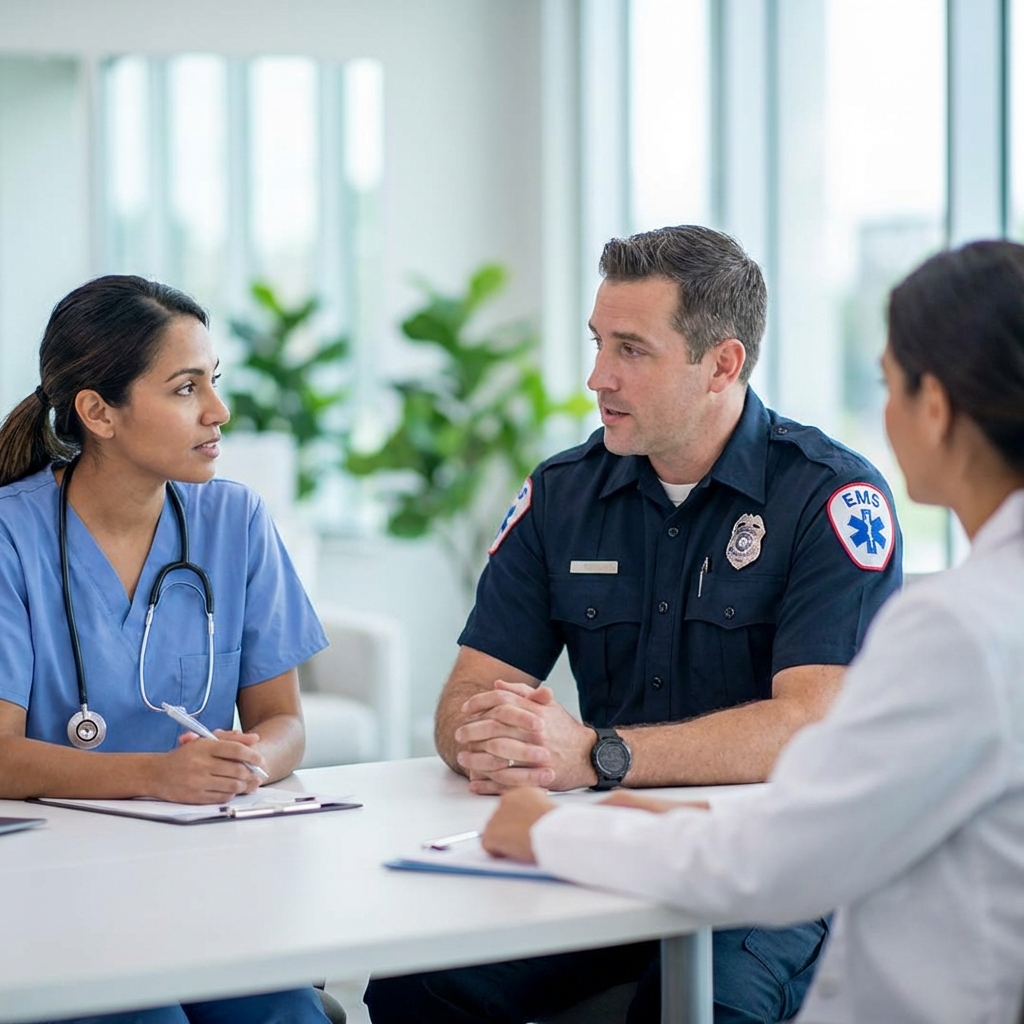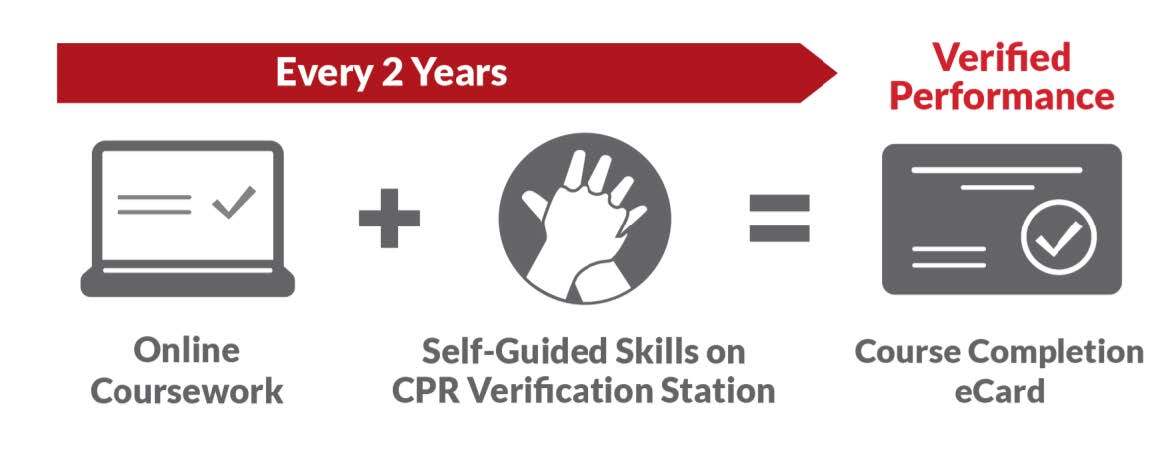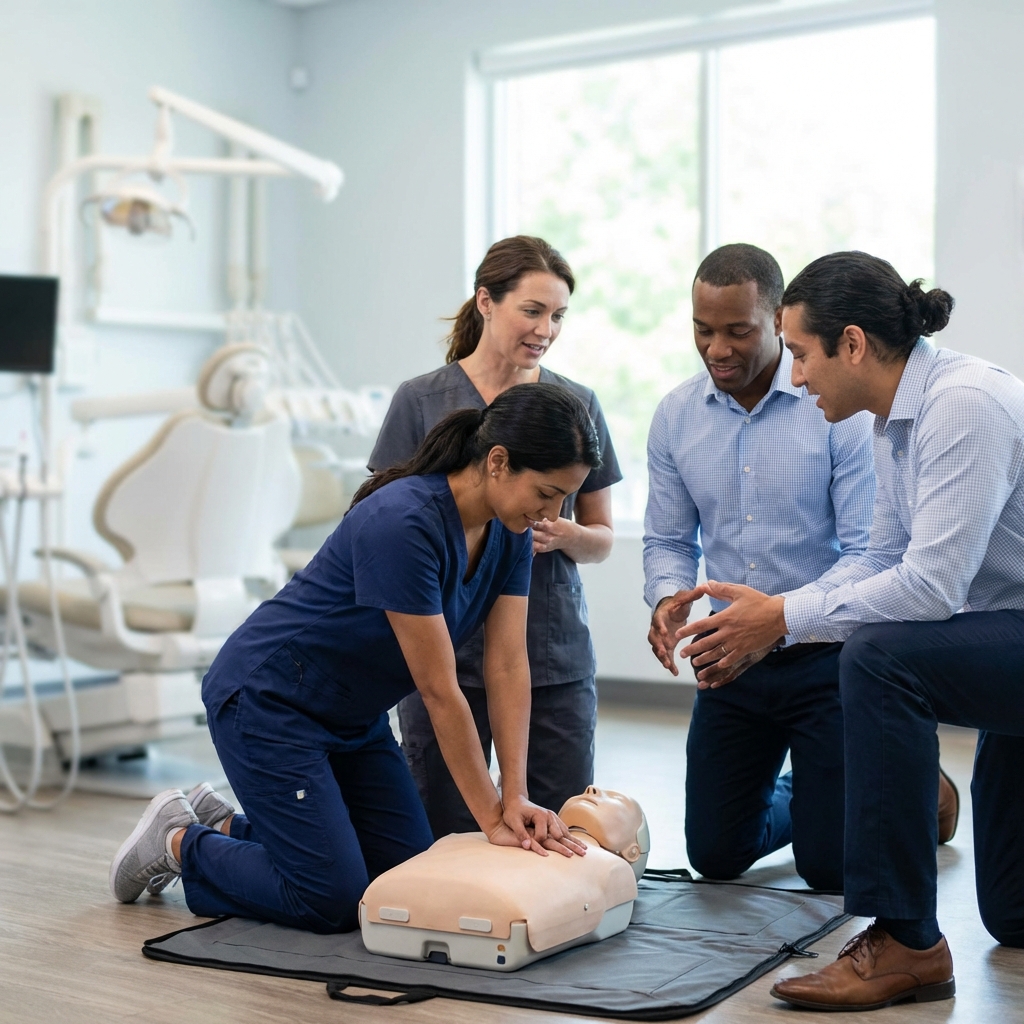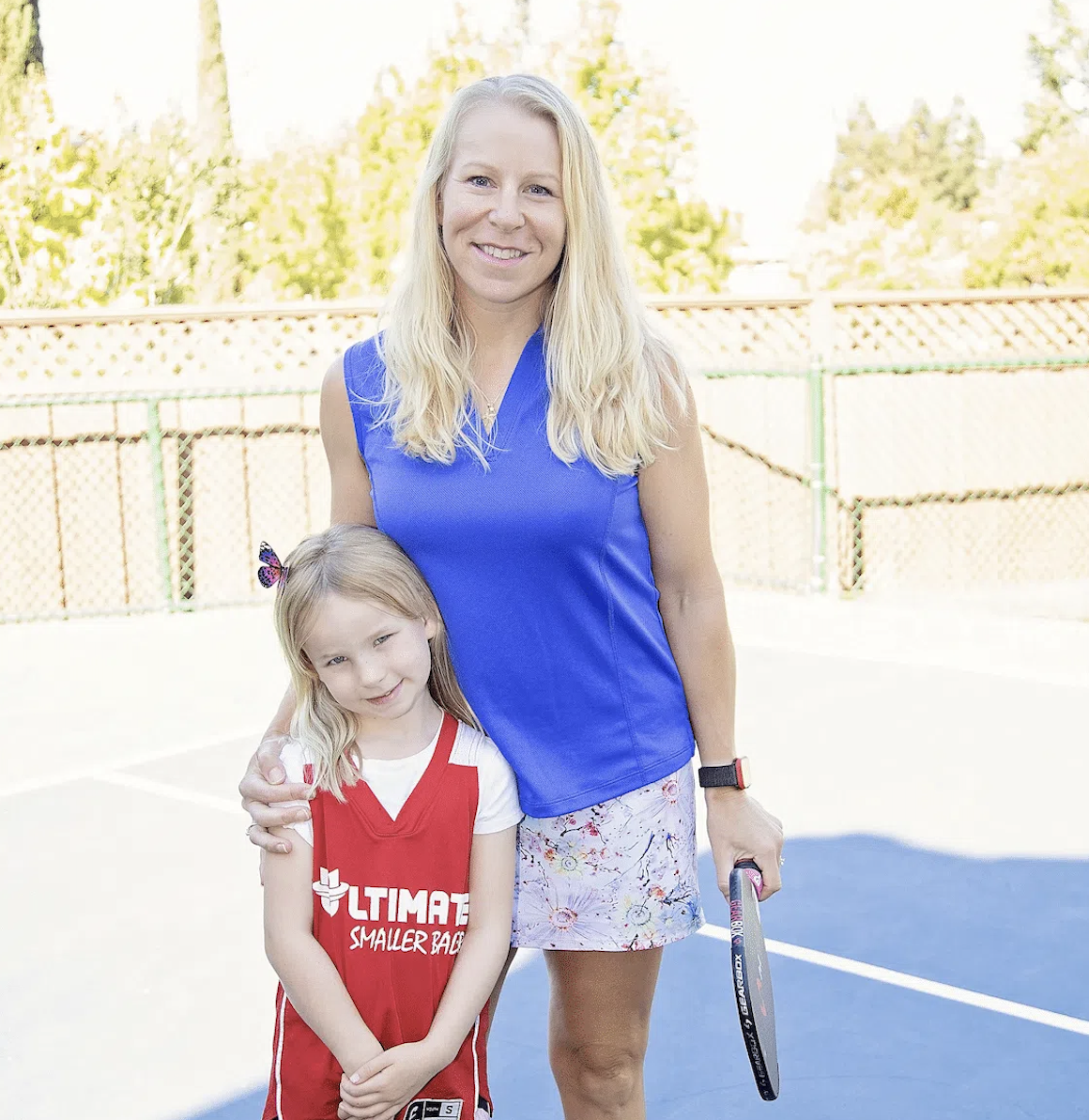Medical professionals face mounting pressure to stay current with evolving healthcare standards. Yet many view recertification as just another box to check. This mindset puts patients at risk and limits career growth.
Recertification isn’t bureaucratic red tape. It’s your professional lifeline. Medical knowledge doubles every 12-18 months, making yesterday’s best practices today’s outdated methods. This article explores why recertification deserves your full attention and how it directly impacts patient outcomes.
Medical Knowledge Evolves at Lightning Speed
Healthcare advances faster than any other field. New research emerges daily. Treatment protocols change. Drug interactions are discovered. Equipment gets upgraded.
Consider cardiac care. The American Heart Association updates CPR guidelines every five years based on new scientific evidence. Compression rates, depth recommendations, and rescue breathing protocols all change. A healthcare provider using 2010 guidelines in 2025 delivers suboptimal care.
Real-world example: In 2015, the AHA changed CPR compression rates from “at least 100 per minute” to “100-120 per minute.” This seemingly small change improved survival rates by 15%. Healthcare providers who skipped recertification missed this life-saving update.
The same pattern repeats across all medical specialties. Pediatric care protocols evolve. Advanced cardiac life support procedures get refined. Even basic first aid techniques improve based on new research.
Skills Decay Without Practice
Medical skills are perishable. Research shows healthcare providers lose proficiency within 6-12 months without practice. This applies to both technical skills and decision-making abilities.
Recertification courses include hands-on training that rebuilds muscle memory. You practice chest compressions until they become automatic. You rehearse emergency scenarios until responses feel natural. This isn’t theoretical learning—it’s practical preparation for real emergencies.
Safety Training Seminars uses Voice-Assisted Manikins (VAMs) that provide real-time feedback. These advanced training tools measure compression depth, rate, and recoil. Students receive immediate corrections, ensuring proper technique before certification.
Patient Safety Depends on Current Knowledge
Outdated knowledge kills. Medical errors rank as the third leading cause of death in America. Many of these errors stem from healthcare providers using outdated procedures or making uninformed decisions.
Consider medication administration. New drug interactions are discovered regularly. Dosage recommendations change based on patient populations. Alternative treatments emerge. A nurse administering medications based on five-year-old training puts patients at serious risk.
Recertification reinforces critical safety protocols by reviewing proper medication administration techniques, practicing infection control procedures, and updating knowledge of contraindications and adverse reactions.
This isn’t academic exercise—it’s patient protection. Every updated protocol you learn could prevent a medical error. Every refined technique you master could save a life.
Common Recertification Myths Debunked
Myth 1: “I’ve been doing this for 20 years. I don’t need recertification.”
Experience without updated knowledge becomes dangerous. Long-term practitioners often struggle most with new protocols because they rely on muscle memory from outdated training.
Myth 2: “Recertification is too expensive and time-consuming.”
The cost of recertification pales compared to potential malpractice lawsuits or patient harm. Safety Training Seminars offers the lowest prices in California with their price guarantee. Most courses take just 2-3 hours online plus 30 minutes of skills testing.
Myth 3: “My employer will remind me when it’s time.”
Professional certification is your personal responsibility. Expired credentials can result in immediate termination, licensing board action, and legal liability.
Myth 4: “Online courses aren’t as good as in-person training.”
Modern recertification combines online learning with hands-on skills assessment. This blended approach actually improves retention compared to traditional all-day classroom sessions.
The Safety Training Seminars Advantage
Safety Training Seminars stands out in California’s crowded training market. Here’s why healthcare professionals choose them year after year:
Unmatched Convenience
With over 70 locations across California, you’ll find a training center nearby. Classes run daily, including weekends and evenings. No need to wait weeks for the next available session.
Immediate Certification
Receive your American Heart Association card the same day you complete training. Other companies take 2+ weeks to issue cards, potentially leaving you without valid credentials.
Lowest Prices Guaranteed
Safety Training Seminars backs their pricing with a written guarantee. Find a lower price elsewhere, and they’ll match it.
Expert Instruction
As an official American Heart Association Training Center (#20784), they maintain the highest teaching standards. Their instructors receive ongoing training to stay current with the latest protocols.
Exceptional Support
Customer service representatives answer calls and emails daily from 7 AM to 7 PM, including weekends. No automated systems or lengthy wait times.
Proven Track Record
Over 19,000 five-star reviews demonstrate consistent quality. Healthcare professionals return annually because they trust the training and service.
Woman-Owned Business
Owner Laura Seidel personally oversees operations, ensuring every student receives excellent service. This personal touch sets Safety Training Seminars apart from corporate training mills.
Different Certifications for Different Roles
Healthcare providers need specific certifications based on their roles:
BLS (Basic Life Support): The BLS course is required for most healthcare positions. Covers CPR for all age groups, AED use, and team dynamics. Online course takes 1-2 hours plus 30 minutes skills testing.
ACLS (Advanced Cardiovascular Life Support): The ACLS course is providers managing cardiac emergencies. Includes advanced airway management, medication administration, and team leadership.
PALS (Pediatric Advanced Life Support): The PALS course focuses on pediatric emergencies. Essential for emergency room staff, pediatricians, and paramedics.
NRP (Neonatal Resuscitation Program): The NRP certification is a specialized training for delivery room staff. Covers newborn resuscitation techniques and stabilization procedures.
Each certification addresses specific patient populations and emergency scenarios. Choose based on your role and patient demographics.
Making Recertification a Career Investment
View recertification as professional development, not obligation. Updated skills make you more valuable to employers. Current certifications open career advancement opportunities. Ongoing education demonstrates commitment to excellence.
Many healthcare facilities prefer hiring providers with current certifications. Some offer pay premiums for advanced certifications like ACLS or PALS. Others require specific certifications for promotion opportunities.
Recertification also provides continuing education credits required for professional licensing. California dentists earn CE credits through BLS certification. Nurses satisfy continuing education requirements through advanced certifications.
Take Action Today
Don’t wait until your certification expires. Proactive recertification ensures you’re always prepared for emergencies—protecting your patients, your career, and your peace of mind.
At Safety Training Seminars, we make recertification simple and affordable. Our flexible scheduling works around your busy healthcare schedule, and our proven track record ensures you can trust the quality of our training.
Explore our recertification courses today. Whether you need BLS, ACLS, PALS, or NRP, we’re here to help you meet your professional needs.
Your patients depend on your skills. Your career depends on your credentials. And your peace of mind depends on being prepared. Let us help you make recertification an investment in your professional growth and patient safety.


